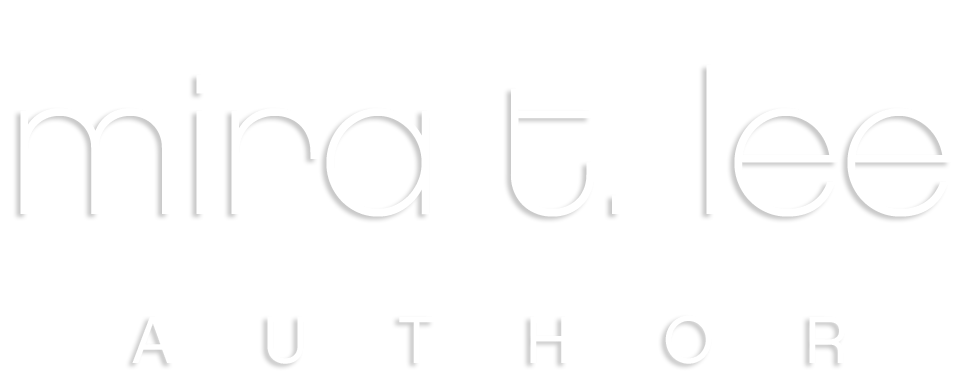My essay “From ‘Homewrecker’ to Caregiver” was published in the Modern Love column of the New York Times. This was not a piece I ever expected to write. I’d jotted down some notes during a previous trip home to visit my dad, who has severe dementia, and is being cared for at home by his wife, who is much younger. This situation has always held a level of complexity that interested me as a writer, but it also felt too tricky to touch. I’m drawn to the unexpected, the counter-narrative, but this was personal, and involved people I love and respect. I wasn’t sure I wanted to delve into non-fiction.
I’m part of a 5-person writing group. Over the summer, when it came time for me to submit, the only work I had was a rambling, 4,000 word essay about the situation with my ailing father. So I turned it in. One of the other writers immediately suggested that it would make a great piece for Modern Love, but I didn’t think much of it. It was only when another member of the group asked me to cut down the essay to 1,500 words and read it aloud at a local “Tell-All” event, that I put in the time to revise it. Cutting any piece from 4,000 to 1,500 words isn’t easy: only one line about childhood would have to suffice; one line to convey my mother’s pain; two lines to capture the essence my father’s relationship with his new wife. I had to convey the complexities of four sets of relationships, and also give four different people their due. But I’ve learned that I love compressing my work, I love figuring out the heart of a story, and finding the thread that pulls a reader through. By the time I was done honing the piece for the Tell-All, I had something that fit the parameters of NYT’s Modern Love column almost perfectly. So I sent it in.
Three months later, I heard from my agent that Dan Jones, editor of the column, wanted to publish it. I had to revise it again. The original version was told completely in present tense, but I learned that for newspapers, present tense can only be used for things…. actually in the present! So I had to alter the framing of the story, which made it feel slightly awkward. But in the end, I think it holds together. I worried that people would judge me (but of course, they would), judge my father, my father’s wife, my mother. Some did. But mostly readers appreciated the nuances of the situation, the very ones that fascinated me for so long, and this was a relief. And satisfying. It’s why I write, after all.
